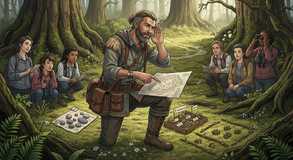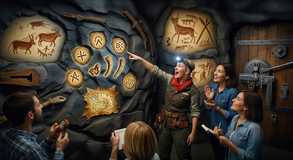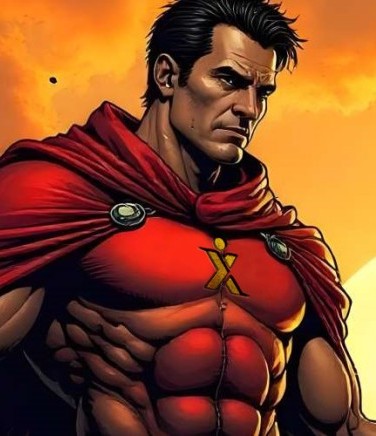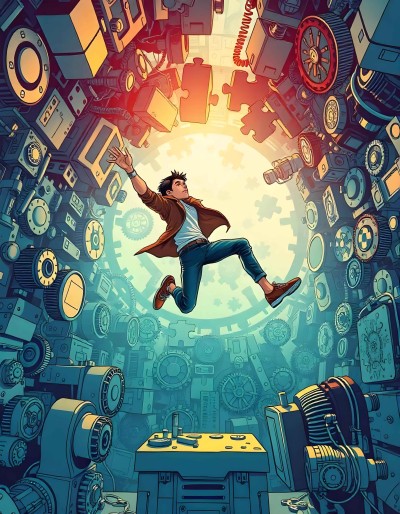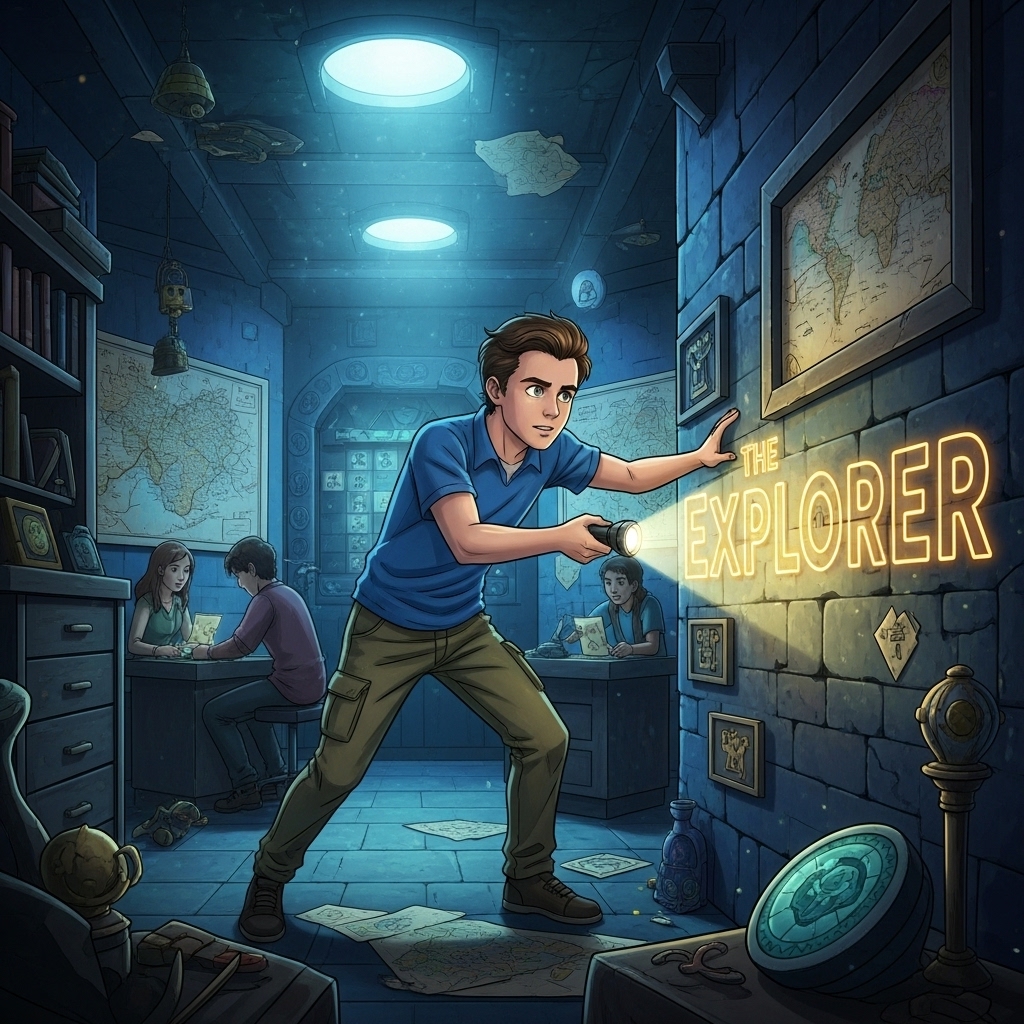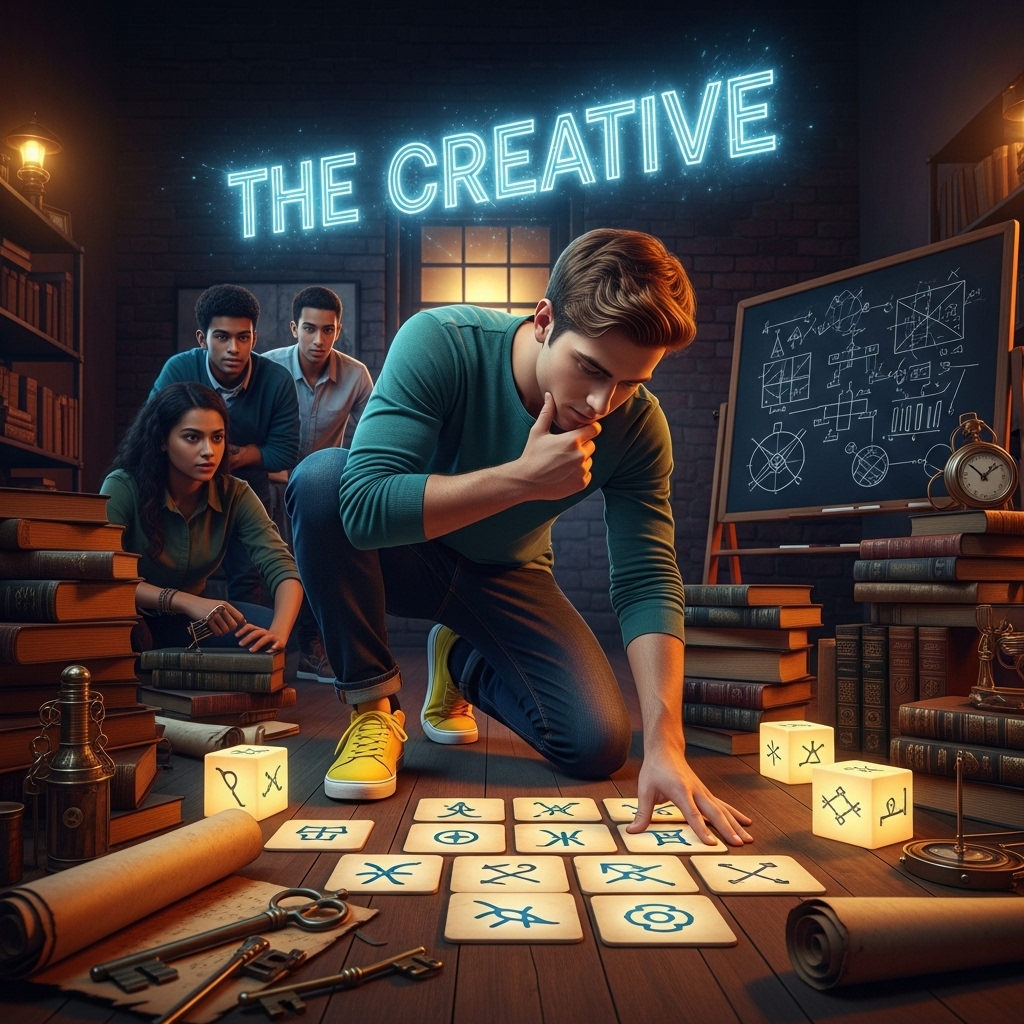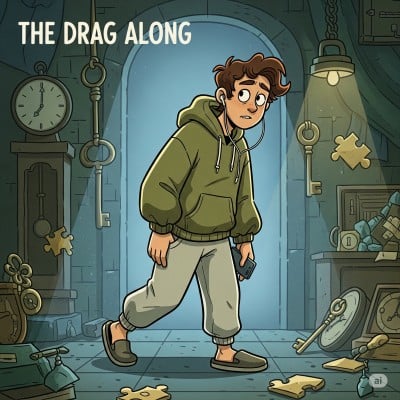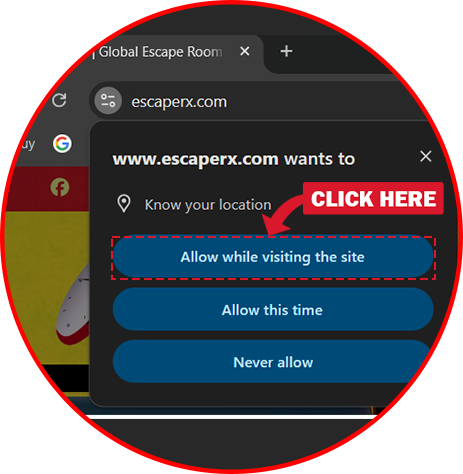Every escape room begins not with solving but with searching. Before a single cipher is cracked or a riddle unraveled, the team must first discover the raw materials of play: keys tucked into corners, notes hidden under furniture, codes disguised in paintings, objects lying in plain sight yet overlooked. This stage is where the Hunter Gatherer shines 🖼 ️ 🔢.
Far from being “just a collector of random objects,” the Hunter Gatherer is the team’s first line of progress the one who ensures that nothing is missed, nothing wasted, and nothing forgotten 🔑. They embody the dual powers of observation and organization, turning chaos into usable resources that fuel every puzzle ahead ❌ 🤷♂ ️.
The Hunter Gatherer is defined by sharp eyes and persistence. Where others rush past, they pause. Where others assume, they check. They don’t just grab objects they notice details others miss and make connections between the overlooked and the essential 📦 🧠.
But their role doesn’t stop at finding. They are also the custodian of order. Escape rooms can quickly become cluttered with discarded locks, used keys, and irrelevant props 🤷♀ ️. Without a system 🪑, valuable time is lost retracing steps or rediscovering already-found items. The Hunter Gatherer prevents this by tracking, sorting, and curating the team’s resources. In doing so, they give puzzle solvers, analysts, and strategists the tools they need exactly when they need them 📜 🛋 ️.
A team without a strong Hunter Gatherer risks stumbling in circles 🔄 😵. Imagine racing against the clock, only to discover with five minutes left that the key to the final puzzle was sitting under a cushion the whole time. Or worse, that it was found early but misplaced in the chaos. These are the pitfalls the Hunter Gatherer prevents 🔑 🗑 ️.
Their gift is momentum: they ensure that the flow of discovery never stalls. Every found object becomes a step forward, every overlooked clue becomes a risk avoided. The Hunter Gatherer anchors the team’s progress in preparedness.
Being the Hunter Gatherer isn’t without difficulty. For one, the role can sometimes feel thankless. Teammates may cheer when a puzzle is solved or a door opens 🛋 ️ 🗝 ️, but the quiet act of finding the necessary object often goes unnoticed. There is also the danger of information overload gathering without organizing can overwhelm the team with clutter rather than clarity ⚠ ️.
Another challenge is overextension 🛡 ️ ✅. Hunter Gatherers sometimes continue searching long after the useful objects have been found, missing opportunities to help solve puzzles. The best Hunter Gatherers know when to switch gears: when to search, when to organize, and when to step into the puzzle-solving process 👣 ✅.
At first glance, the Hunter Gatherer may seem like a supporting player the one who feeds the real action of puzzle-solving. But step back, and their importance becomes undeniable 🙏 ❌. Without them, the best Strategist has no data to analyze, the best Mechanic has no device to tinker with, and the best Puzzle Buster has no puzzle to solve 🧩 🤯.
The Hunter Gatherer reminds us that escape rooms are not solved by brilliance alone 🌟 ❌. They are solved by preparedness by making sure every piece of the puzzle is discovered and ready to use. Their quiet diligence is what turns fragments into progress, clutter into clarity, and searching into success 🎯 👥.




